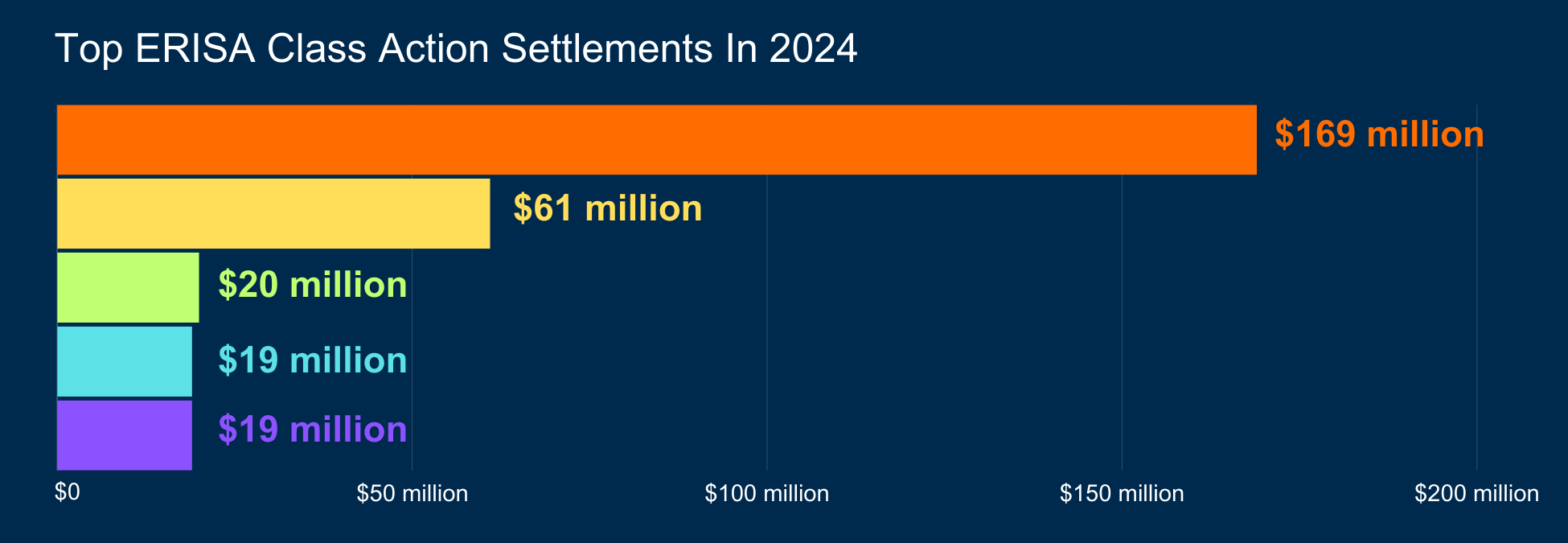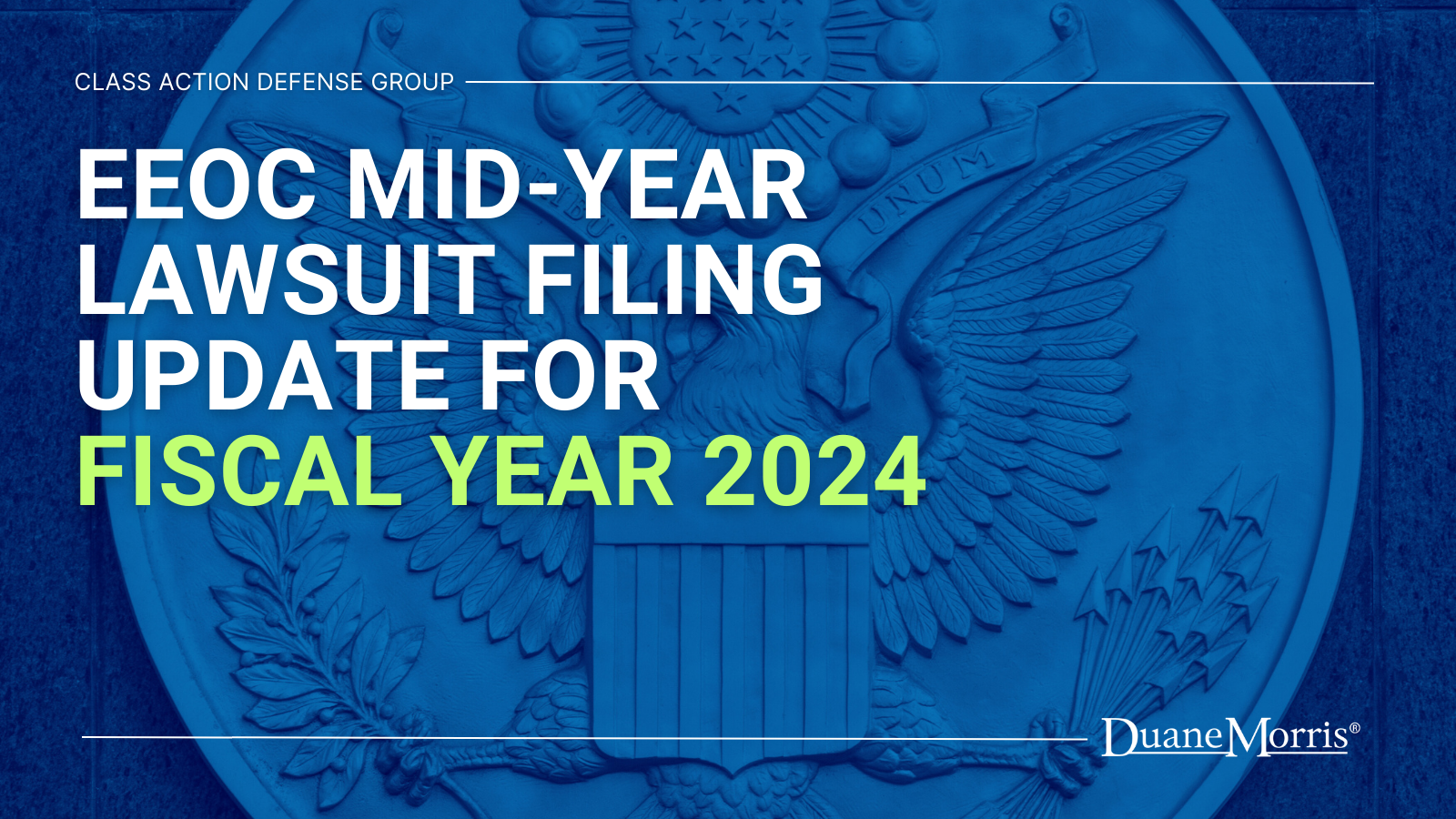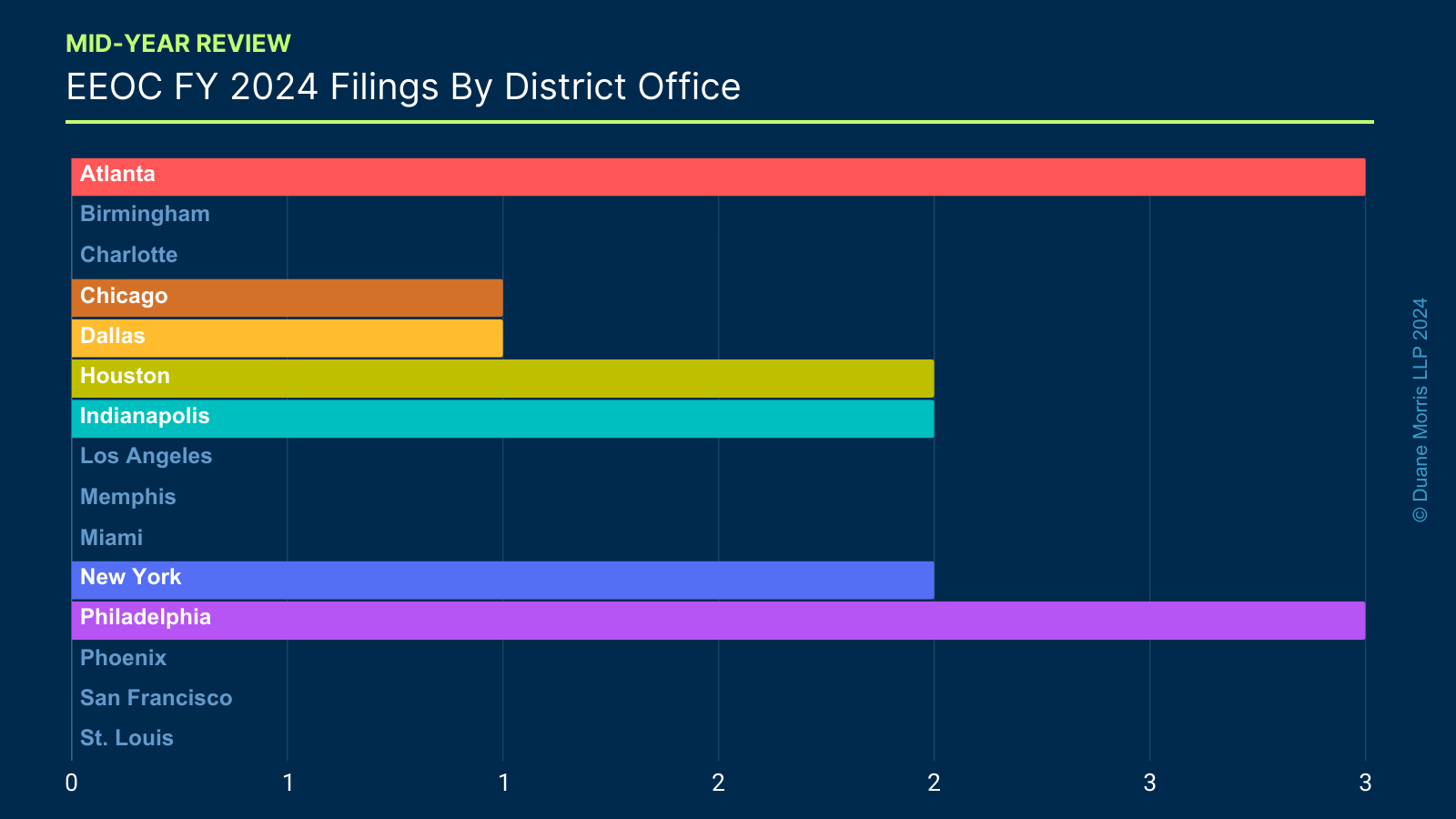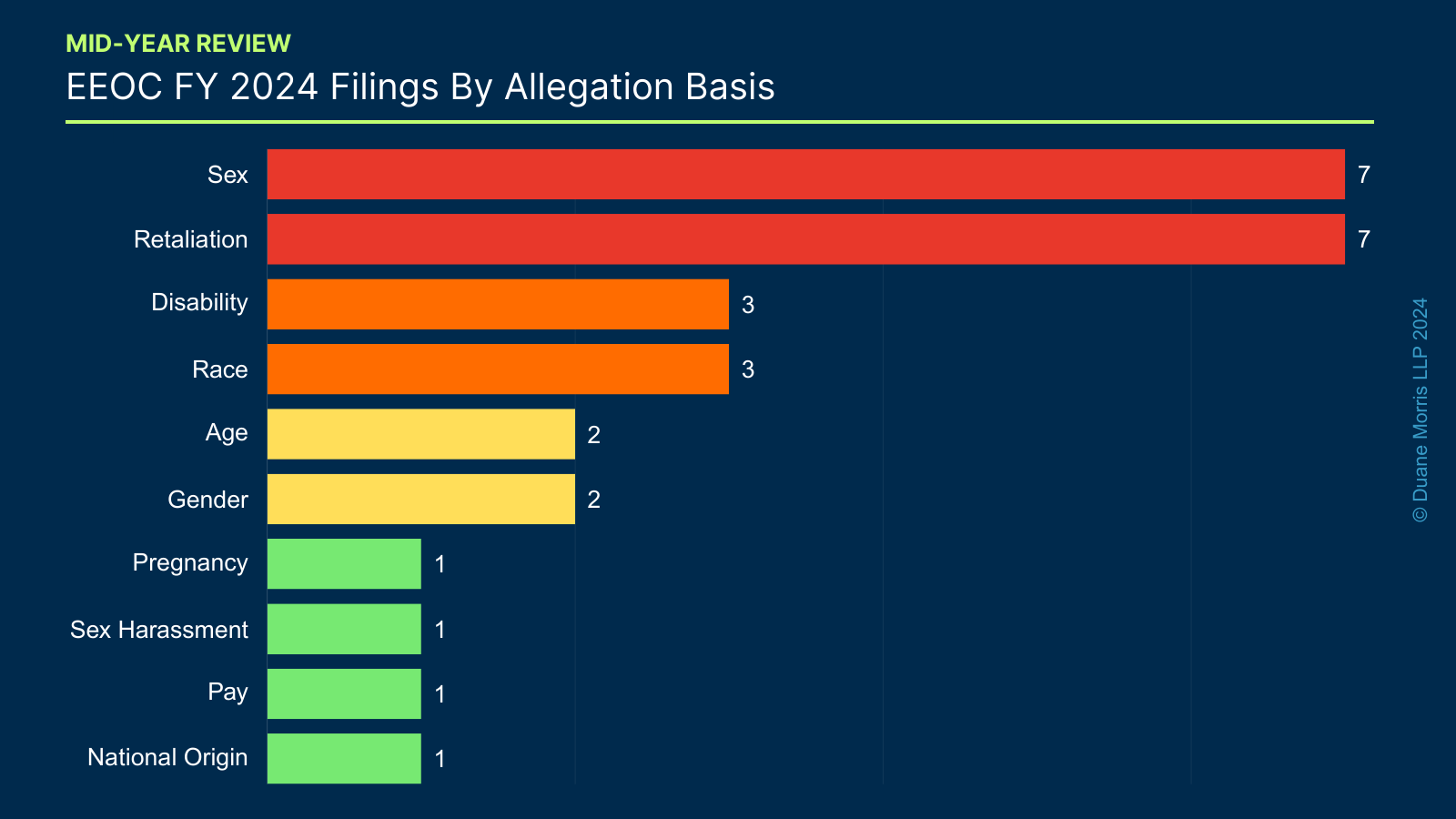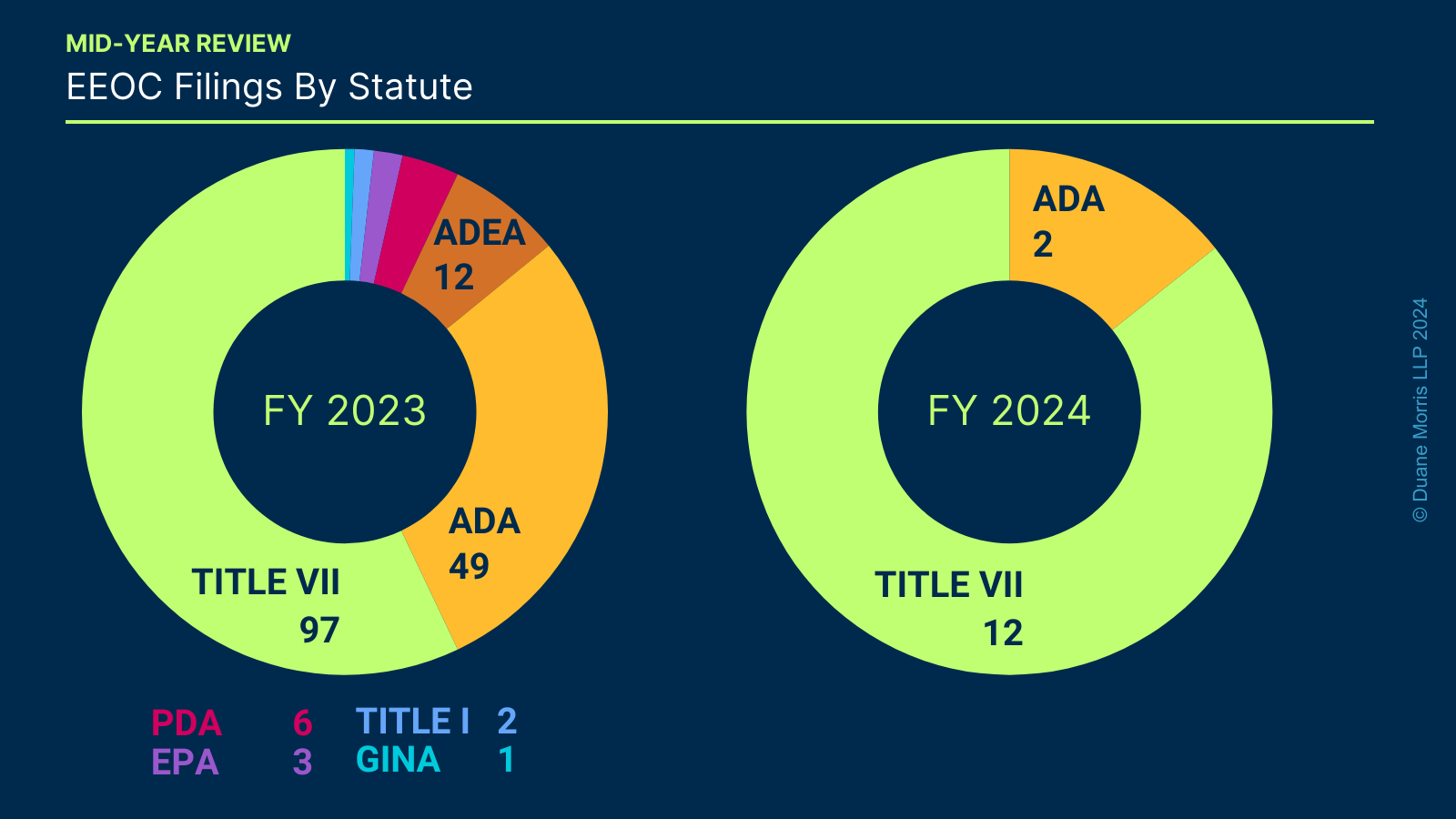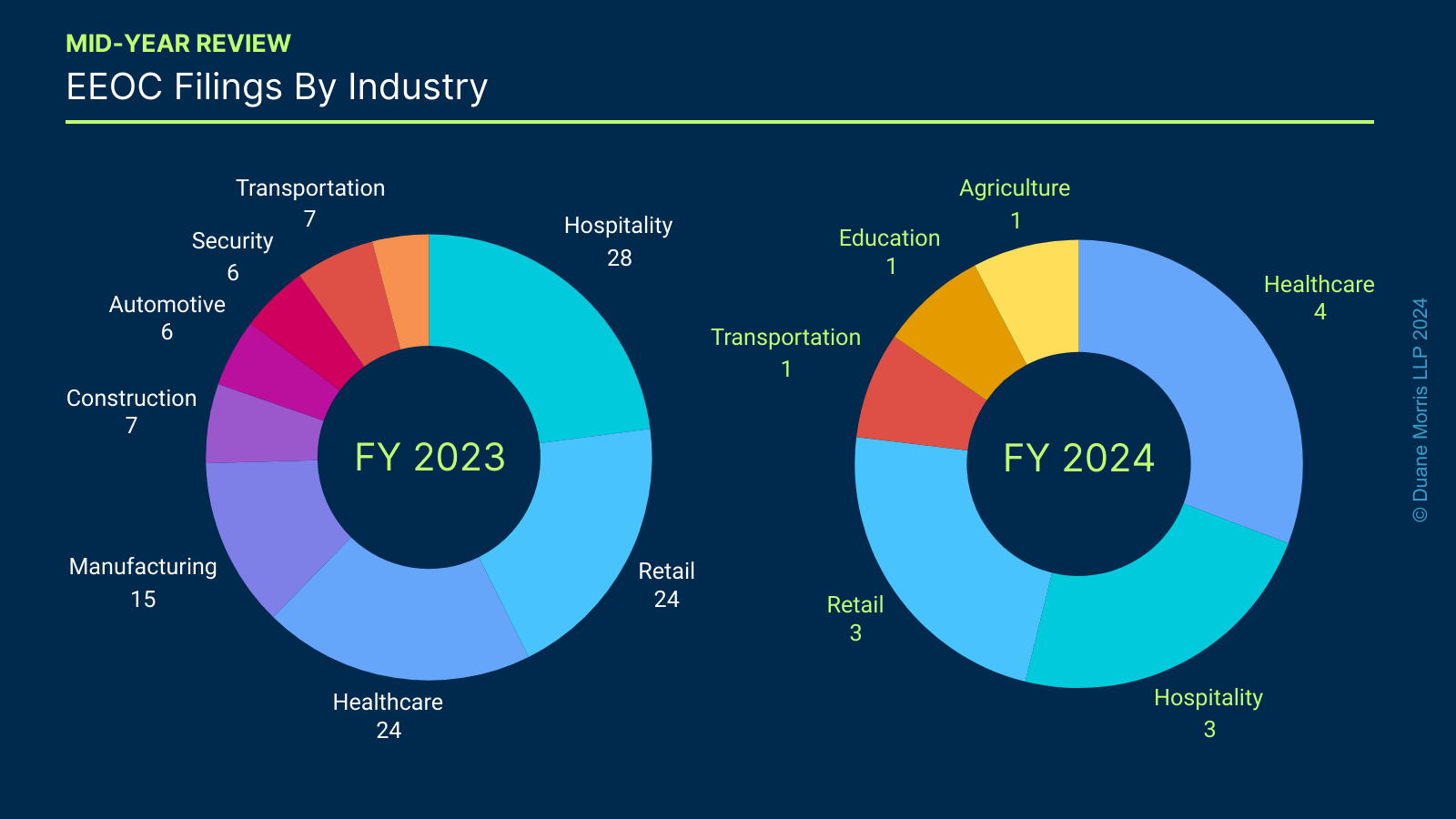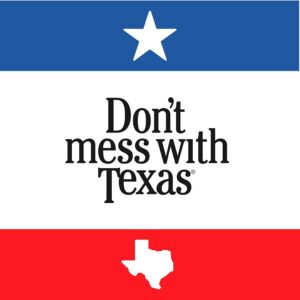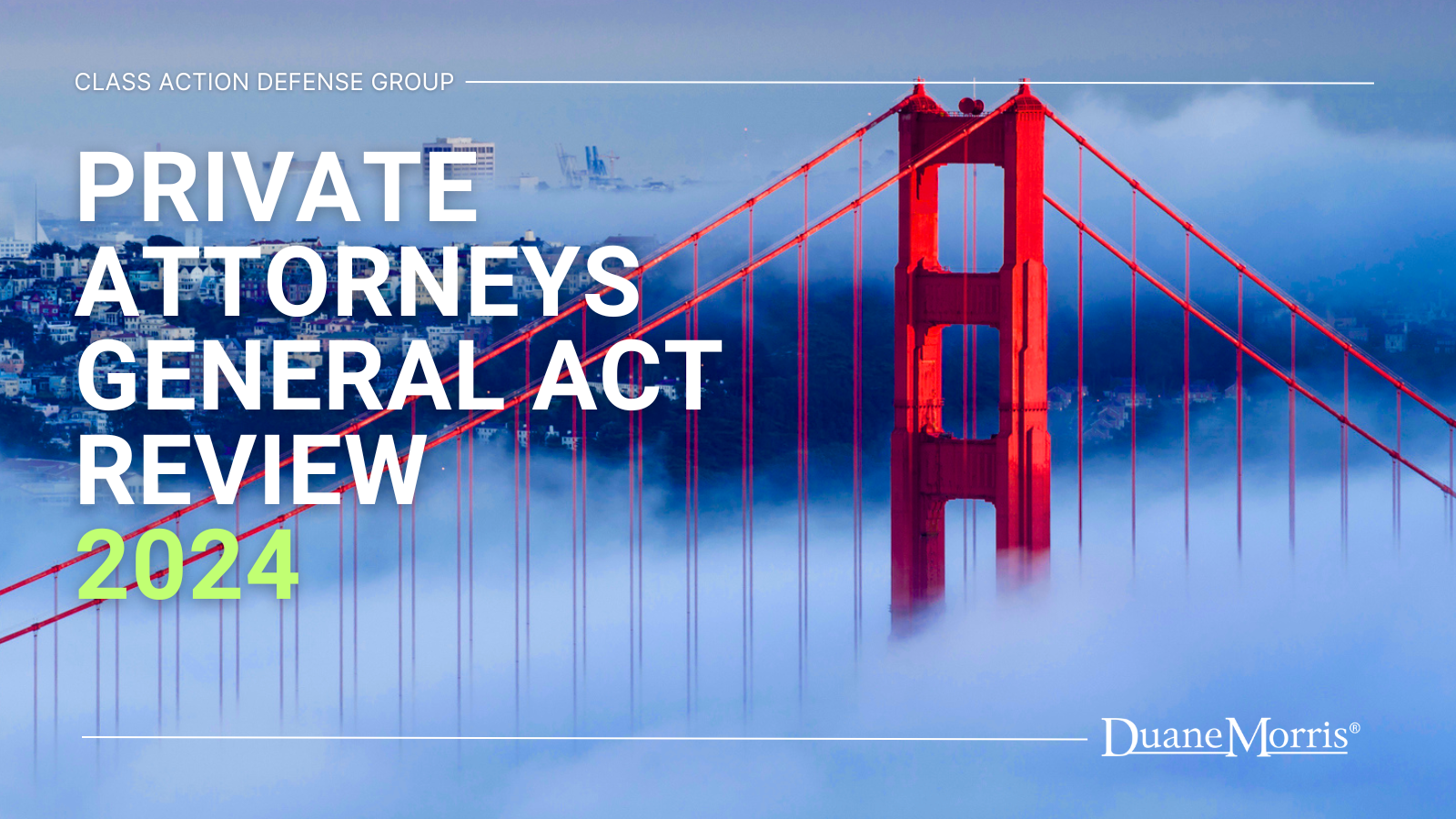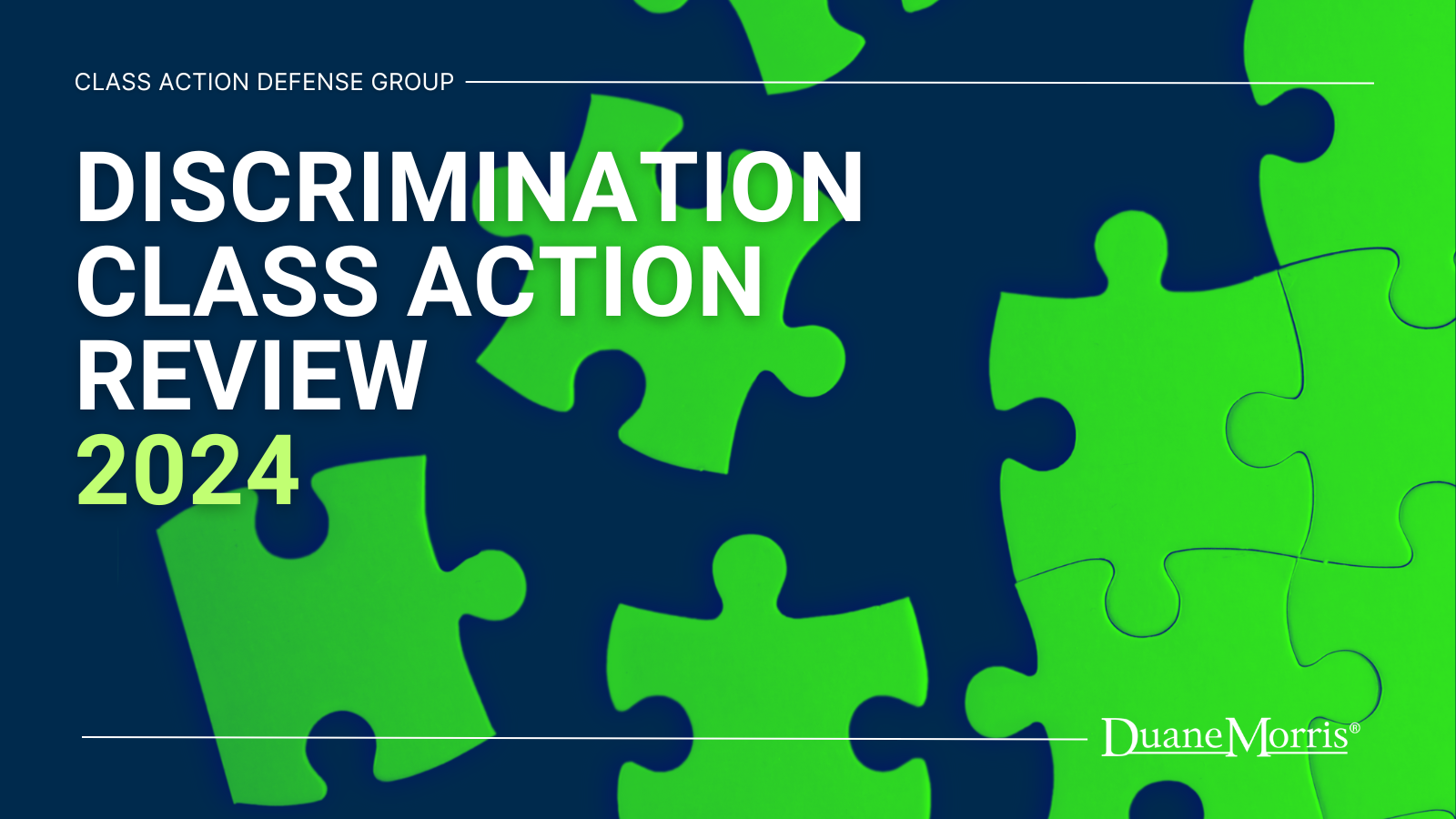 By Gerald L. Maatman, Jr., Jennifer A. Riley, and George J. Schaller
By Gerald L. Maatman, Jr., Jennifer A. Riley, and George J. Schaller
Duane Morris Takeaways: In EEOC v. Cambridge Transportation., Inc., No. 0:23-MC-00101, 2024 U.S. Dist. LEXIS 118857 (D. Minn. July 8, 2024), Judge Nancy E. Brasel of the U.S. District Court for the District of Minnesota accepted U.S. Magistrate Judge Dulce J. Foster’s Report and Recommendation (see EEOC v. Cambridge Transportation, Inc., No. 0:23-MC-00101, 2024 U.S. Dist. LEXIS 121147 (D. Minn. June 10, 2024)) to impose civil contempt sanctions against Cambridge Transportation Inc. for its failure to comply with an EEOC subpoena. The EEOC sought documents in its administrative charge investigation into Title VII discrimination allegations on behalf of a former Cambridge Transportation, Inc. worker.
The Court ordered payment to the EEOC of $100 per day for each day Cambridge Transportation, Inc. remains out of compliance beginning on June 7, 2024. Over one month later, Cambridge remains out of compliance based on the docket. This ruling is a warning admonisiton for employers facing EEOC subpoenas and the seriousness for any alleged non-compliance with the Commission’s investigation process.
Case Background
On October 19, 2023, the EEOC petitioned for an Application for and Order to Show Cause Why Administrative Subpoena Should Not Be Enforced (the “Application”) against Respondent Cambridge Transportation, Inc. (“Cambridge”). (See United States EEOC v. Cambridge Transp., Inc., No. 0:23-MC-00101, ECF No. 1.) The EEOC’s subpoena duces tecum sought information from Cambridge regarding a charge of discrimination under Title VII of the Civil Rights Act of 1964. (See id.) In the underlying charge, Charging Party Becky Blechinger alleged that Cambridge “discriminated against her on the bases of her sex (female), race (white), national origin (United States) and disability by paying a higher rate of compensation to men of Somalian national origin,” who worked at Cambridge. (See id., ECF No. 2, at 2.)
On November 1, 2023, the Court issued an order to show cause for the EEOC’s Application. (See id., ECF No. 7.) On November 21, 2023, the EEOC provided a status report that reflected it had not effectuated service on Cambridge. (See id., ECF No. 9)
On December 19, 2023, the EEOC filed a Motion to Stay Proceedings. (See id., ECF No. 12.) Therein, the EEOC stated Cambridge responded and acknowledged receipt of the Court’s order to show cause and further indicated that Cambridge intended to produce the documents identified in the EEOC’s Application by December 26, 2023. (See id.) The following day the Court stayed the case. (See id., ECF No. 13.)
On January 25, 2024, the EEOC filed another status report with a request due to Cambridge’s failure to comply with the subpoena. Thereafter, the Court entered an order for hearing on the EEOC’s Application. (See id., ECF Nos. 14 & 15.) On February 22, 2024, Cambridge attended the hearing via telephone through its non-attorney registered agent. (See id., ECF No. 18.)
On February 27, 2024, the Court granted the EEOC’s Application and determined that Cambridge must comply with the subpoena or otherwise the Court may find Cambridge in civil contempt and impose a daily fine for each day Cambridge remains out of compliance. (See id., ECF No. 20.)
On May 14, 2024, the EEOC provided a status report to the Court and reiterated that Cambridge failed to comply with the subpoena and requested the Court impose a civil fine of $800 per day, for each day past May 14, 2024, that Cambridge remains non-compliant. (See id., ECF No. 23.)
On May 20, 2024, the Court ordered a hearing on the EEOC’s Application and required Cambridge to retain counsel to enter an appearance on its behalf to show cause why sanctions should not be imposed for failure to comply with the Court’s February 27 order. (See id., ECF No. 25.) On June 7, 2024, the hearing occurred and Cambridge did not appear. (See id., ECF No. 27.)
The Magistrate’s Report and Recommendation and the District Court Judge’s Finding
On June 10, 2024, Magistrate Judge Dulce J. Foster issued his Report and Recommendation. (See United States EEOC v. Cambridge Transp., Inc., No. 0:23-MC-00101, 2024 U.S. Dist. LEXIS 121147 (D. Minn. June 10, 2024). The report detailed the continued failures of Cambridge to respond to the Agency’s subpoena and efforts to enforce its subpoena. (See id., at *1-6.)
The Court opined Cambridge had “ample time to retain counsel, for its alleged counsel to enter an appearance and to ensure its counsel either would be available to attend the show cause hearing or move to reschedule it” and “despite having months,” it had “faile[d] to do so and made no efforts to explain that failure or seek more time to comply.” (See id., at *5.) As a result, the Court found Cambridge waived all of its defenses to the EEOC’s motion and request for sanctions. (See id., at *5-6.)
The Court reiterated its authority that it “may hold a person who, having been served, fails without adequate excuse to obey the subpoena or an order related to it.” (See id, at *6) (quoting Fed. R. Civ. P. 45(g).) The Court found Cambridge’s continued non-compliance with the subpoena warranted contempt and imposition of monetary sanctions. (See id.) The Court’s recommendation was not made “lightly, but Cambridge’s intransigent refusal to cooperate” left the Court with few other options. (See id.)
On the requested $800 per day fine from the EEOC, the Court reasoned at this stage that it was not justified at this stage. (See id.) The Court instead recommended an initial daily fine of “$100 per day for each day Cambridge remains noncompliant with the subpoena beginning June 7, 2024, the date of the show cause hearing, and continuing until Cambridge satisfactorily complies.” (See id., at *7.) The Court further held “additional sanctions and penalties may be warranted in the future” if Cambridge’s failure to comply continues. (See id.)
The District Court Judge found no clear error in the Magistrate Judge Foster’s recommendation and report. (United States EEOC v. Cambridge Transp., Inc., No. 0:23-MC-00101, 2024 U.S. Dist. LEXIS 118857, at * 1 (D. Minn. July 8, 2024).) In so holding, the Court adopted the report in full, and found Cambridge in civil contempt and ordered payment of $100 per day for each day Cambridge remains out of compliance with the EEOC’s subpoena, beginning on June 7, 2024. (Id.) The Court left open whether any additional sanctions and penalties may apply.
Implications For Employers
This recommendation and report, and resulting Court order, illustrates the length to which the EEOC will go to enforce its investigation of allegations of discrimination under Title VII of the Civil Rights Act of 1964. Companies should recognize the EEOC’s enforcement efforts have teeth, and heed the Court’s response that imposed a daily fine based on total non-compliance.
Companies should take measures to ensure compliance with any EEOC request for information and respond accordingly, and promptly, to any investigation including subpoena requests. Otherwise, Companies may find themselves footing a $100 bill for every day of non-compliance and possibly expose themselves to further civil contempt sanctions.













